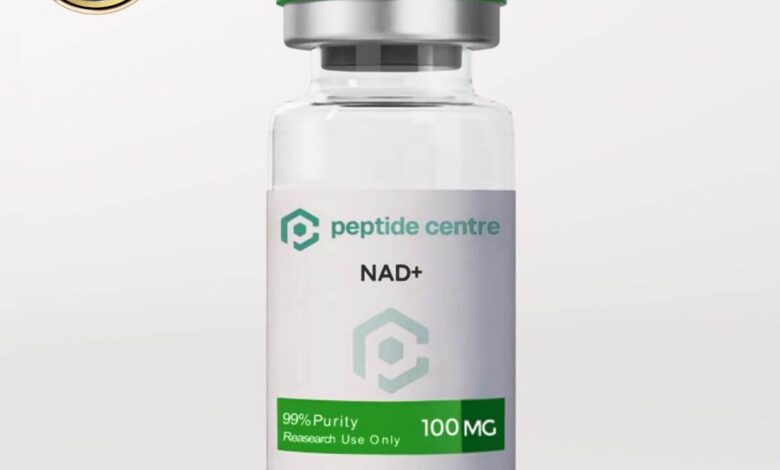A Deep Dive into Their Benefits and Applications

1. What Are Peptides and Why Are They Important?
Peptides are short chains of amino acids, which are the building blocks of proteins. Typically made up of 2 to 50 amino acids, peptides occur naturally in the body and play crucial roles in various biological functions. Unlike proteins, peptides are smaller and more easily absorbed by the body, which makes them particularly useful in therapeutic and cosmetic applications. They serve as signaling molecules, allowing different parts of the body to communicate and coordinate effectively. Because of their specific and potent biological activity, peptides have become a major focus in modern medicine, skincare, and nutrition. Their importance lies in their ability to influence a wide range of physiological processes—from regulating hormones to boosting immune responses.
2. Medical Applications of Peptides: A Revolution in Therapeutics
Peptides have emerged as powerful tools in the field of medicine. Peptide-based are being used to treat conditions ranging from metabolic disorders to infectious diseases and cancers. For example, insulin, one of the most well-known peptide hormones, is essential in the management of diabetes. Other NAD+ peptides, such as glucagon-like peptide-1 (GLP-1), are used to regulate blood sugar levels and support weight loss in obese patients. Furthermore, peptides can be tailored to target specific cells, making them ideal candidates for cancer treatments. Peptide vaccines are also being explored for their potential to generate highly specific immune responses. Their relatively low toxicity and high selectivity make peptides safer alternatives to traditional pharmaceutical.
3. Peptides in Skincare: A Secret Weapon for Youthful Skin
The cosmetic industry has embraced peptides for their impressive anti-aging and skin-repairing properties. In skincare, peptides function by stimulating collagen production, which helps maintain skin elasticity and firmness. As we age, collagen levels naturally decline, leading to wrinkles and sagging skin. Peptides can counteract these effects by signaling skin cells to boost collagen and elastin production. Commonly used peptides in skincare include Matrixyl, Argireline, and copper peptides, all of which have shown effectiveness in reducing the appearance of fine lines, improving skin texture, and promoting overall skin health. Because they are generally well-tolerated, peptide-infused skincare products offer a safe and non-invasive way to achieve youthful, radiant skin.
4. The Role of Peptides in Fitness and Muscle Growth
In the fitness world, peptides have gained popularity for their ability to support muscle growth, fat loss, and recovery. Certain peptides like growth hormone-releasing peptides (GHRPs) and insulin-like growth factor-1 (IGF-1) are believed to promote muscle hypertrophy and enhance physical performance. These peptides work by stimulating the body’s natural production of growth hormone, which plays a critical role in muscle development and repair. Athletes and bodybuilders often turn to peptide supplements to accelerate recovery times, increase lean muscle mass, and reduce body fat. However, while peptides offer promising benefits in sports and bodybuilding, their use should be approached with caution and under medical supervision to avoid potential side effects or regulatory issues.
5. Future Prospects and Ethical Considerations of Peptide Use
As research into peptides advances, the possibilities for their application continue to grow. Scientists are now exploring the use of peptides in gene therapy, regenerative medicine, and personalized healthcare. Peptide-based nanotechnologies are being developed to deliver more effectively, targeting specific cells with unprecedented precision. Despite their potential, ethical concerns must be considered—especially in areas like sports, where performance-enhancing peptides may give unfair advantages. Moreover, the long-term safety of synthetic peptides remains an area requiring further study. Regulatory agencies like the FDA are closely monitoring peptide-based treatments to ensure they are both safe and effective. As the science progresses, the integration of peptides into everyday healthcare and wellness routines seems inevitable, offering new hope for managing health and enhancing quality of life.



